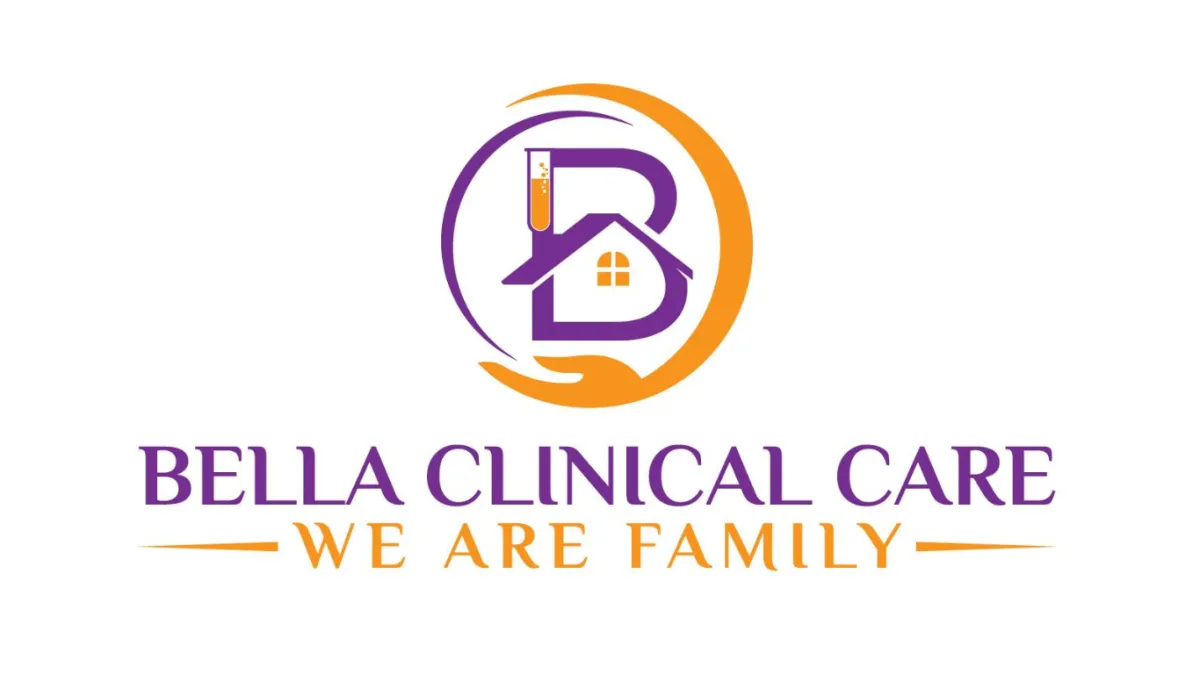
Understanding Breast Cancer: Signs, Prevention, and Support
Understanding Breast Cancer: Signs, Prevention, and Support
Breast cancer is one of the most common cancers worldwide, affecting both women and men, although it's significantly more prevalent in women. It’s crucial to stay informed about this disease, as early detection can significantly improve outcomes. At Bella Clinical Care, we aim to educate our community about the signs, prevention strategies, and ways to support individuals and families impacted by breast cancer.

What Is Breast Cancer?
Breast cancer occurs when cells in the breast grow uncontrollably, forming a tumor. If left untreated, it can spread to other parts of the body, making it more challenging to treat. Although it typically affects older women, younger individuals and men are not immune. The American Cancer Society estimates that 1 in 8 women in the U.S. will develop breast cancer in her lifetime.
Key Signs to Watch For
Knowing the early signs of breast cancer can lead to quicker diagnosis and treatment, improving survival rates. Some key symptoms include:
A lump in the breast or underarm
Changes in breast size or shape
Unexplained breast pain
Nipple discharge, especially if it’s bloody
Skin changes, such as redness or dimpling
If you notice any of these symptoms, it's essential to see a healthcare provider immediately. While these signs don’t always indicate cancer, it's better to be safe and have any unusual changes evaluated.
Breast Cancer Risk Factors
Several factors can increase the likelihood of developing breast cancer. Some are within your control, while others are not:
Age: Risk increases as you grow older.
Genetics: Having a family history of breast cancer, especially in a first-degree relative, can heighten your risk.
Lifestyle: Smoking, excessive alcohol consumption, and a sedentary lifestyle can contribute to an elevated risk.
Hormonal Factors: Long-term use of hormone replacement therapy or oral contraceptives may also increase the chance of developing breast cancer.
Although certain factors like genetics and age can’t be changed, adopting a healthy lifestyle can help reduce your overall risk.
Preventive Steps You Can Take
While there’s no sure way to prevent breast cancer, there are strategies that may reduce your risk:
Maintain a Healthy Weight: Obesity is a significant risk factor, particularly after menopause.
Regular Exercise: Aim for at least 150 minutes of moderate aerobic activity each week.
Limit Alcohol: Excessive alcohol intake has been linked to a higher risk of breast cancer.
Quit Smoking: Smoking is associated with many cancers, including breast cancer.
Breastfeeding: For women, breastfeeding for a year or longer can lower breast cancer risk.
Regular Screenings: Even though we do not offer mammograms at Bella Clinical Care, we encourage you to talk to your healthcare provider about when and how often to get screened.
Emotional Support and Resources
Being diagnosed with breast cancer can be emotionally overwhelming. Support from family, friends, and professional organizations can make a significant difference. Mental health care and support groups are crucial in helping patients and survivors cope with the emotional and psychological toll of breast cancer. Many organizations, such as Breastcancer.org and the American Cancer Society, provide valuable resources for those affected.
Conclusion
Breast cancer awareness is more than just understanding the signs and symptoms—it’s about fostering a community that supports those who are affected and promoting preventive actions. At Bella Clinical Care, we are dedicated to supporting your overall health and wellness. If you have concerns about your breast health or need guidance, reach out to our healthcare professionals for advice and support.
By staying informed, maintaining a healthy lifestyle, and fostering a supportive community, we can help reduce the impact of breast cancer and offer hope to those in need.
References
National Breast Cancer Foundation – Offers information about early detection, symptoms, and treatment options for breast cancer. https://www.nationalbreastcancer.org/
American Cancer Society – Comprehensive resource on breast cancer, including risk factors, treatment, and survival rates. https://www.cancer.org/cancer/breast-cancer.html
Breastcancer.org – A leading resource for detailed information on breast cancer symptoms, stages, diagnosis, and treatment. https://www.breastcancer.org/
Susan G. Komen – One of the most recognized organizations supporting breast cancer research, awareness, and advocacy. https://www.komen.org/
Centers for Disease Control and Prevention (CDC) – A public health resource offering key data, statistics, and breast cancer prevention strategies. https://www.cdc.gov/cancer/breast/
Mayo Clinic – Information on the symptoms, diagnosis, and treatment of breast cancer from a trusted medical institution. https://www.mayoclinic.org/diseases-conditions/breast-cancer/
World Health Organization (WHO) – Global statistics and guidelines for the prevention and control of breast cancer. https://www.who.int/news-room/fact-sheets/detail/breast-cancer
Breast Cancer Research Foundation (BCRF) – Provides information on current research efforts and funding opportunities for breast cancer research. https://www.bcrf.org/
Cancer Research UK – Detailed information on breast cancer, including prevention and treatment, from a trusted UK-based charity. https://www.cancerresearchuk.org/about-cancer/breast-cancer
Johns Hopkins Medicine – Offers a variety of resources, from risk assessments to the latest research on breast cancer. https://www.hopkinsmedicine.org/health/conditions-and-diseases/breast-cancer





Facebook
Instagram
LinkedIn
TikTok